Benchmark results for the iPhone 12 Pro and iPhone 12 Pro Max are beginning to surface on Geekbench, and based on the scores available so far, the new A14 Bionic chip is over 20 percent faster than its A13 predecessor in iPhone 11 Pro models.

One result for the iPhone 12 Pro lists a single-core score of 1,597 and a multi-core score of 4,152, which is 26 percent faster than the iPhone 11 Pro's average single-core and multi-core scores of 1,327 and 3,289 respectively. Likewise, the iPhone 12 Pro Max is around 20-25 percent faster than the iPhone 11 Pro Max, although there are only two results so far.
As to be expected, iPhone 12 Pro performance appears to be roughly in line with the new iPad Air, which is also equipped with the A14 Bionic chip. In one result, for example, the new iPad Air had single-core and multi-core scores of 1,583 and 4,198 respectively.
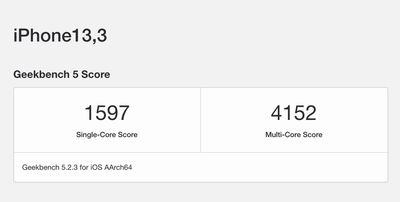
It's worth noting that some results for the iPhone 12 Pro models are showing significantly lower multi-core scores, but Geekbench founder John Poole informed MacRumors that this is common with brand new iPhones with a fresh "out of box setup," as the devices could be in the process of being restored among other factors.
As noted by Apple, the A14 Bionic chip is the fastest smartphone chip ever, and the first to be built on a 5-nanometer process. The chip's integrated Neural Engine has also been doubled from 8-cores to 16-cores, making it up to 80 percent faster for machine learning tasks, such as applying Deep Fusion to improve detail in photos.
iPhone 12 and iPhone 12 Pro pre-orders begin tomorrow at 5 a.m. Pacific Time, followed by the iPhone 12 mini and iPhone 12 Pro Max on November 6.


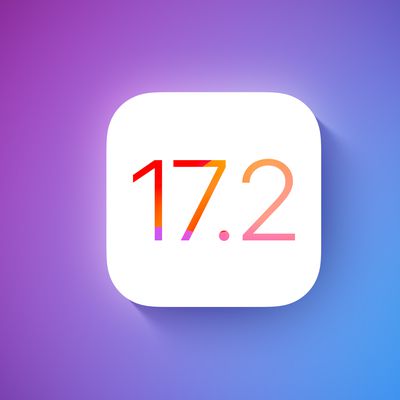
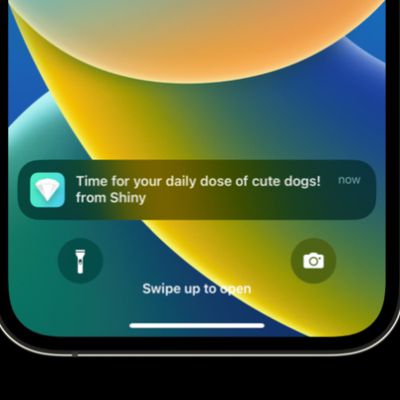

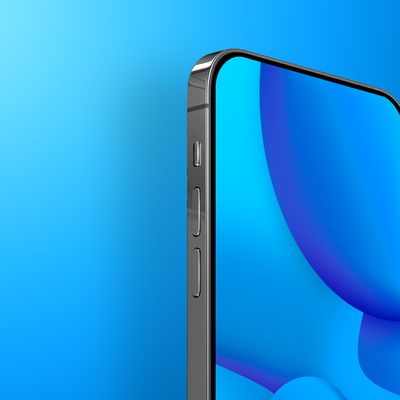
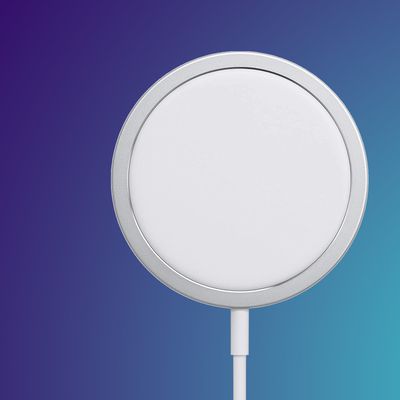


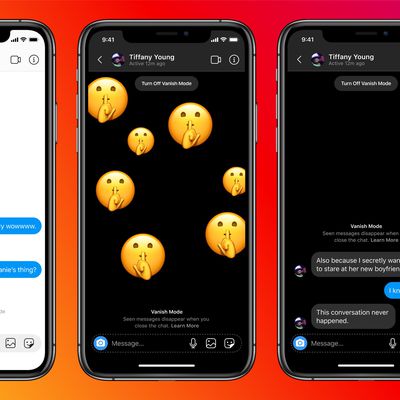










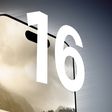
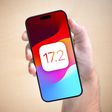

Top Rated Comments
It’s a very annoying limitation that rarely if ever gets mentioned by reviewers (because most, especially the big ones, just parrot Apple’s spoon-fed marketing spiel and specs); or even among users surprisingly. The performance metrics in benchmarks are great, but it’s not so great when the screen dims by 50% during your favourite game!
Why this doesn’t get pointed out more often is surprising.